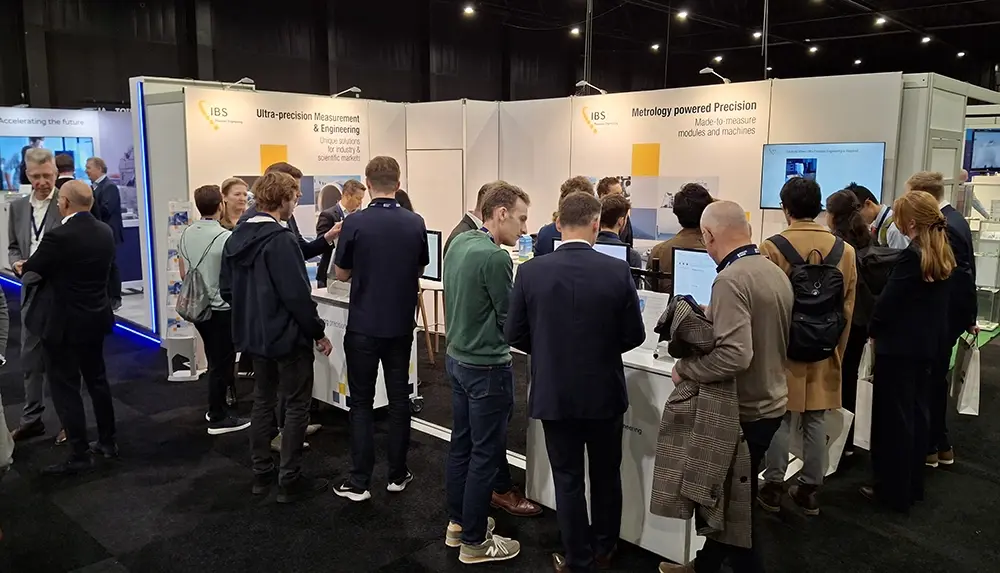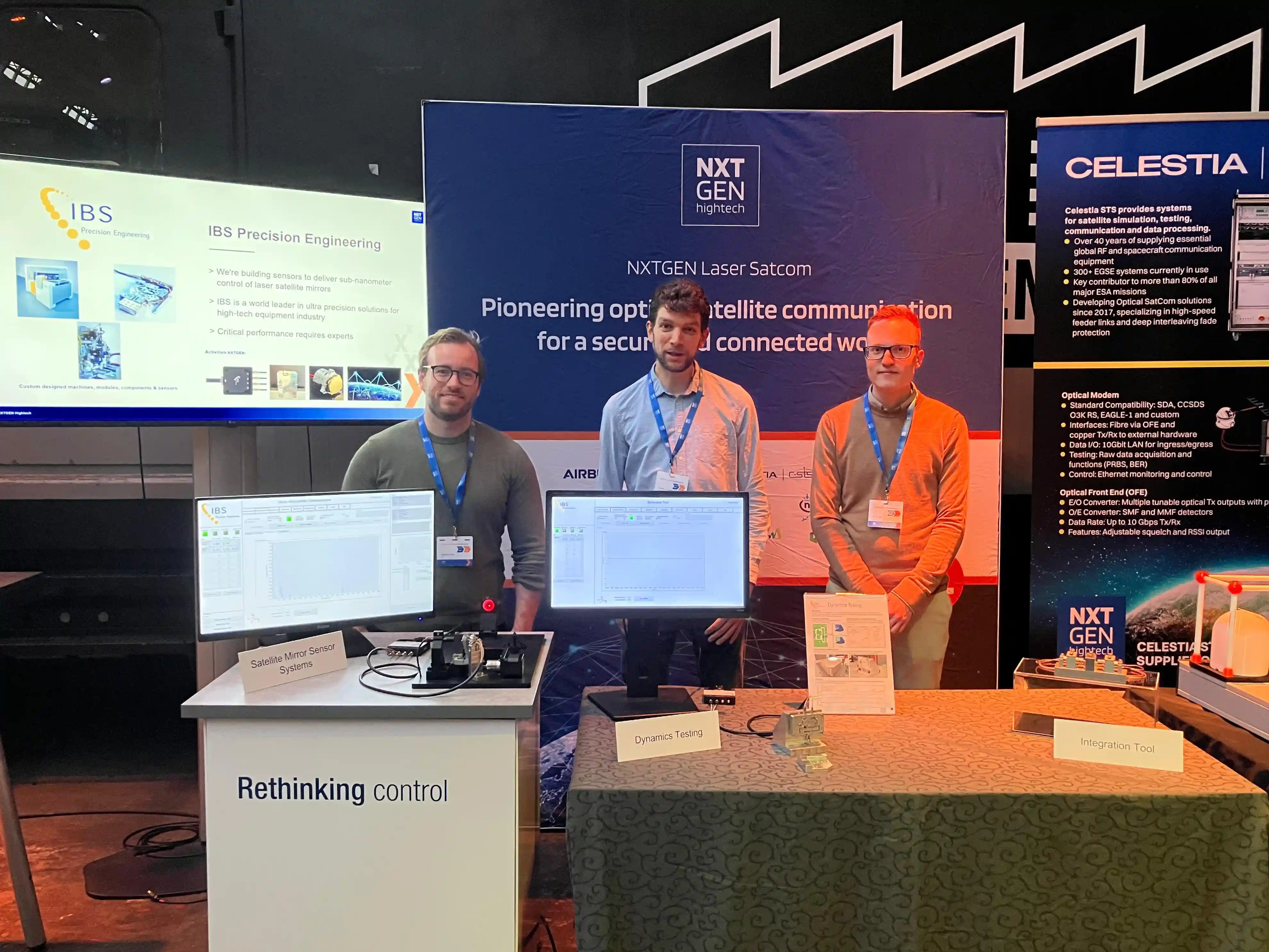 We proudly congratulate Dr. Max Bolderman on the successful defense of his PhD thesis, titled: Physics-Guided Neural Networks for High-Precision Mechatronics – Applications to Feedforward Control and Commutation Which he completed at Eindhoven University of Technology. This research marks a significant advancement in the field of high-precision mechatronics, and we are proud that part of this important work was done in collaboration with IBS Precision Engineering.
We proudly congratulate Dr. Max Bolderman on the successful defense of his PhD thesis, titled: Physics-Guided Neural Networks for High-Precision Mechatronics – Applications to Feedforward Control and Commutation Which he completed at Eindhoven University of Technology. This research marks a significant advancement in the field of high-precision mechatronics, and we are proud that part of this important work was done in collaboration with IBS Precision Engineering.
In his research, Bolderman tackled one of the key challenges facing high-precision systems like lithography machines, MRI devices, and continuous feed printers: the increasing demands for higher throughput and greater precision. Traditionally, the field of motion control has relied on physics-based models to describe system dynamics. These models are robust and easy to interpret, but they have their limits when it comes to achieving the accuracy required to meet today's growing demands.
Bolderman's solution was to merge the physics-based models with neural networks into a new, hybrid approach. His development of physics-guided neural networks allowed for the robustness of physics-based models while harnessing the higher accuracy provided by neural networks. One standout application of this approach is in feedforward control, where improving the model's accuracy directly reduces the error between a system's output and its desired reference. This marks a significant leap in precision, and Bolderman successfully demonstrated the benefits of his method across a range of industrial and academic applications.
Over his four-year research journey, Bolderman faced several challenges, including how to seamlessly merge physics-based models with neural networks while retaining interpretability, ensuring stability, and achieving high accuracy. Additionally, he had to address the unique requirements of feedforward control and define exactly what it means for a model to be "accurate for feedforward control."

Bolderman's achievements were supported by a dedicated team of collaborators, including his promotors Mircea Lazar and Hans Butler, along with industrial partners from IBS Precision Engineering, ASML, Canon, Philips Engineering Solutions, and Prodrive Technologies. A special thanks goes to the talented MSc students who contributed to the success of this project, many of whom were part of our IBS team.
Reflecting on his PhD journey, Bolderman describes it as an immensely rewarding experience, both professionally and personally. Alongside technical achievements, he developed key problem-solving and communication skills, and had the opportunity to work with leading experts in the field. He also built strong connections with his fellow PhD students, sharing challenges and successes through the course of the program.
We are pleased to announce that Max Bolderman will be joining IBS Precision Engineering as a new colleague this November! We are delighted to welcome him to the team and look forward to seeing how his expertise will contribute to the continued success of IBS.
Congratulations once again, Max, and we look forward to working with you!



